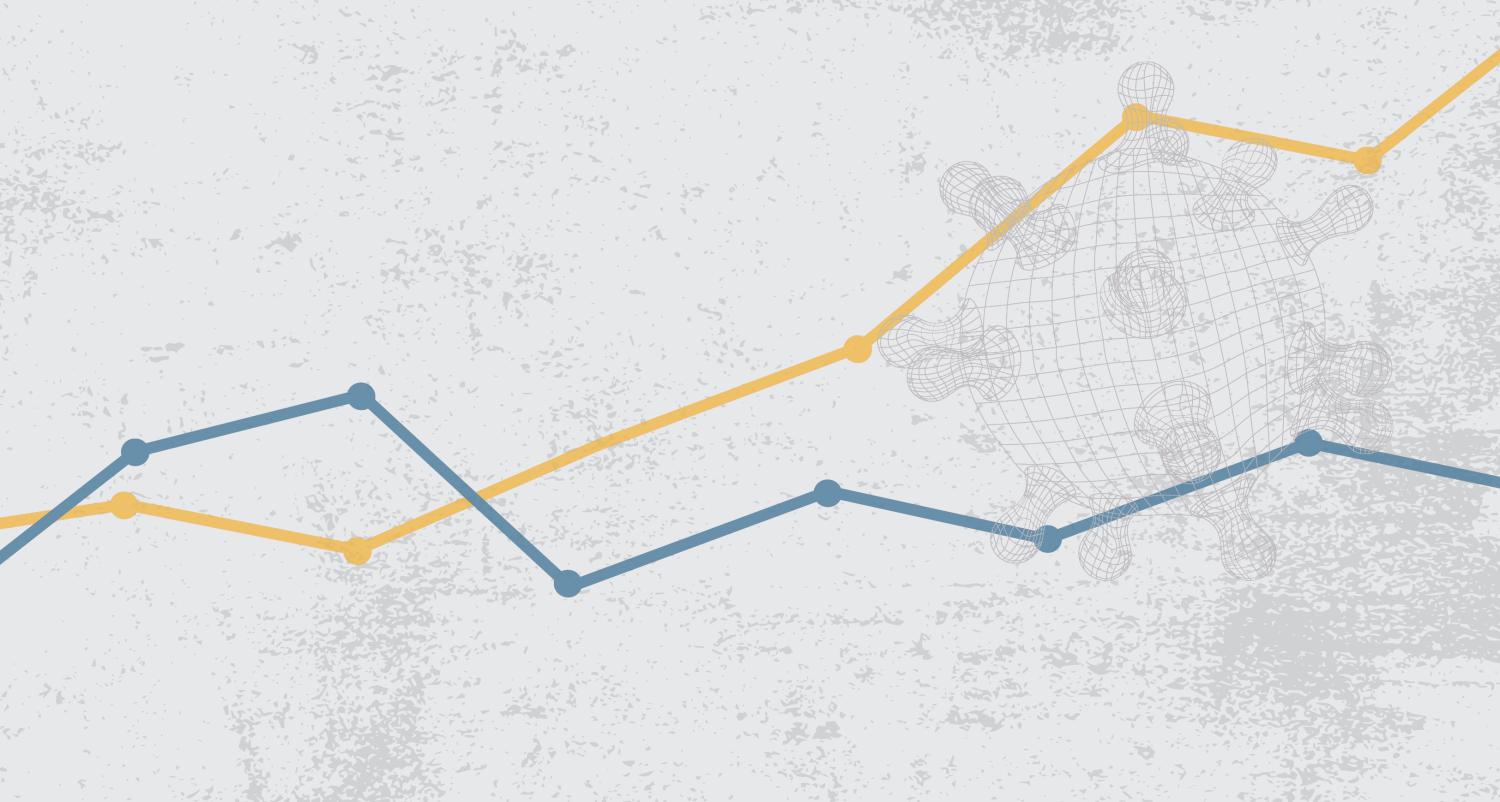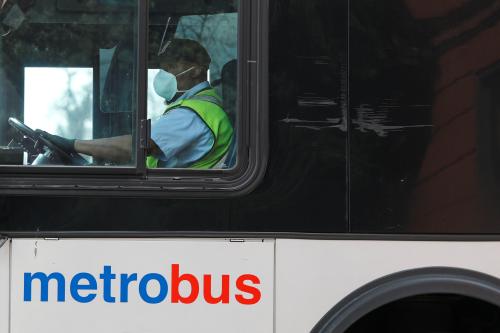Even before the COVID-19 recession, distressed communities across the United States lacked sufficient jobs. The pandemic’s effects will further damage these local areas, while pushing even more places into economic distress. Without intervention, even a robust national recovery may leave many communities behind. Communities’ responses will be hindered by a lack of resources, and their residents will suffer from lower earnings and increased social problems.
As a solution, this paper proposes a new federal block grant to create or retain good jobs in distressed communities and help residents access these jobs. The block grant would provide long-term flexible assistance to increase local earnings and ensure those gains are broadly shared.
Distressed communities—which house almost one-sixth of the U.S. population—are those in which the employment rate of “prime-age” workers (ages 25 to 54) is significantly below the national average. Without policy intervention, distressed communities tend to stay distressed; a 10-year block grant to these communities will empower local leaders to address the lack of job opportunities that keeps these areas persistently distressed.

The block grant would help distressed communities by funding economic development and employment services, including business advice for smaller businesses, land development, infrastructure, job training, better information for residents on job opportunities, and support programs to improve job retention. Economic development services can increase job creation while employment services increase residents’ job access. Research has shown these services to be cost-effective. The block grant would run for 10 years at $12.8 billion annually, for a total of $128 billion in federal budget costs.
The program also has accountability requirements. For federal approval, local leaders would put together a 10-year plan that addresses the distressed area’s labor market problems. To reduce policies that hurt distressed areas, grants would be conditioned on states capping costly business tax incentives in non-distressed areas. The block grant would focus job-creation efforts in distressed communities on infrastructure and public services to businesses, which are more cost-effective than incentives in creating jobs.

Distressed communities are diverse in racial and ethnic composition, and above the national average in their percentage of residents who are Black and Latino or Hispanic. Boosts in employment rates in these areas would particularly benefit lower-income groups, who are more likely to be out of work. This program would significantly improve job opportunities for residents of distressed areas and help the nation’s recovery become a tide that truly lifts all boats.
Read the full paper and its proposal for a new federal block grant to create or retain good jobs in distressed communities and help residents access these jobs.







